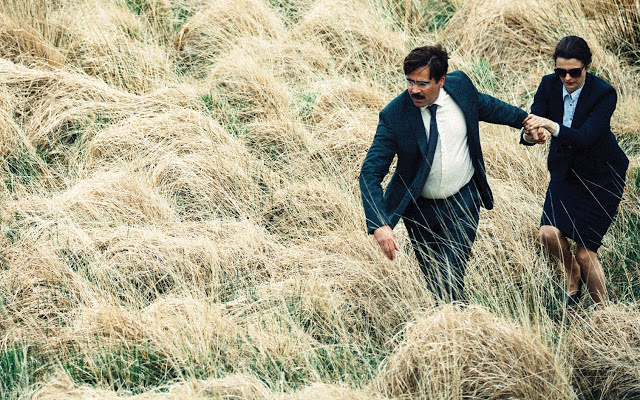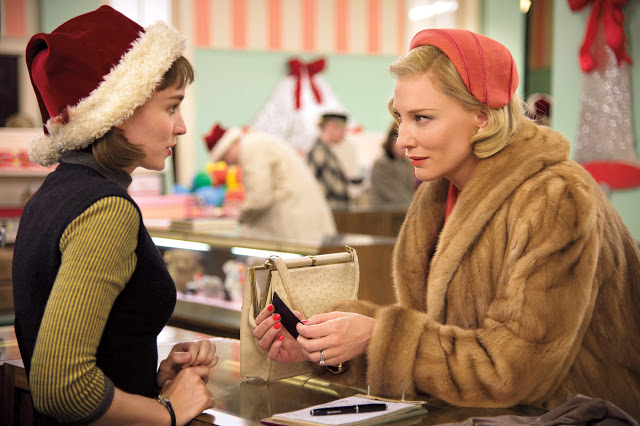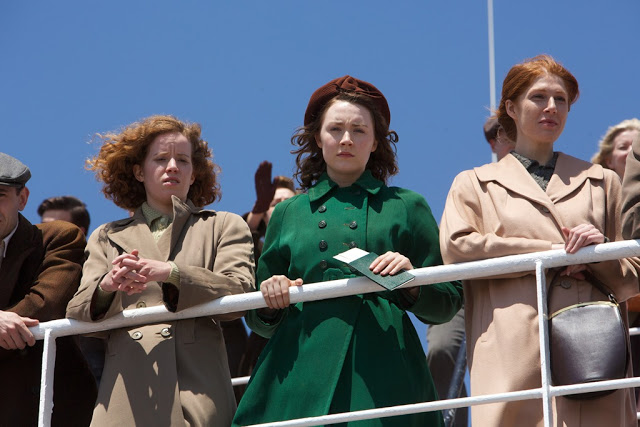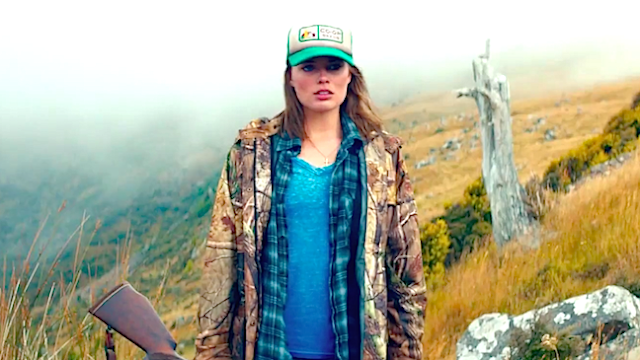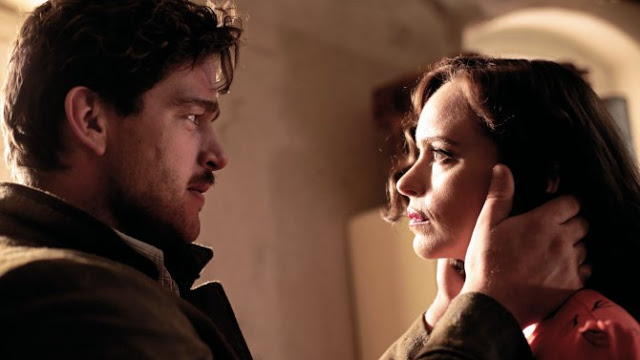The Lobster: Looking for Love as the Clock Ticks Down
Early in The Lobster, the deadpan, depraved, deeply romantic black comedy from Yorgos Lanthimos, a woman discusses the unsuitable hypothetical couplings of various animals. She notes, for example, that a wolf and a penguin could never live in harmony. “That would be absurd,” she scoffs. Fair enough. But when it comes to Lanthimos, absurdity is relative. The Greek director’s prior film, Alps, followed a four-person troupe of bizarre ambulance-chasers who waited for people to die, then impersonated the deceased for the bereaved’s benefit (in return for a fee). Before that he made Dogtooth, a nightmarish study of three home-schooled teenagers who had no names, learned a false language, and regarded house cats as ferocious beasts to be decapitated on sight. Dogtooth was consistently fascinating, Alps intermittently so, but both depicted their human grotesqueries so persuasively that they were easier to admire than adore. The Lobster is different, even as it’s more of the same. It retains the hypnotic surrealism of Lanthimos’ earlier work, but it also possesses something even more startling: a heart.
All of Lanthimos’ films operate on multiple levels, working as tidy, intimately scaled pieces of off-kilter esoterica while also asking big, loaded questions about social customs and human relationships. Here, he’s exploring the freighted topic of love. That’s hardly a novel hook for a movie, but The Lobster is less interested in defining love than in examining how we view it as a symbol of status. And so it inquires: Are married people truly happy? Are single people really alone? When we claim that we are in love, what do we mean? Is coupledom a shield against the sadness of isolation, or is it a prison that suppresses freedom and individuality? And if you get caught masturbating, shouldn’t you be forced to stick your hand in a burning-hot toaster? Read More

